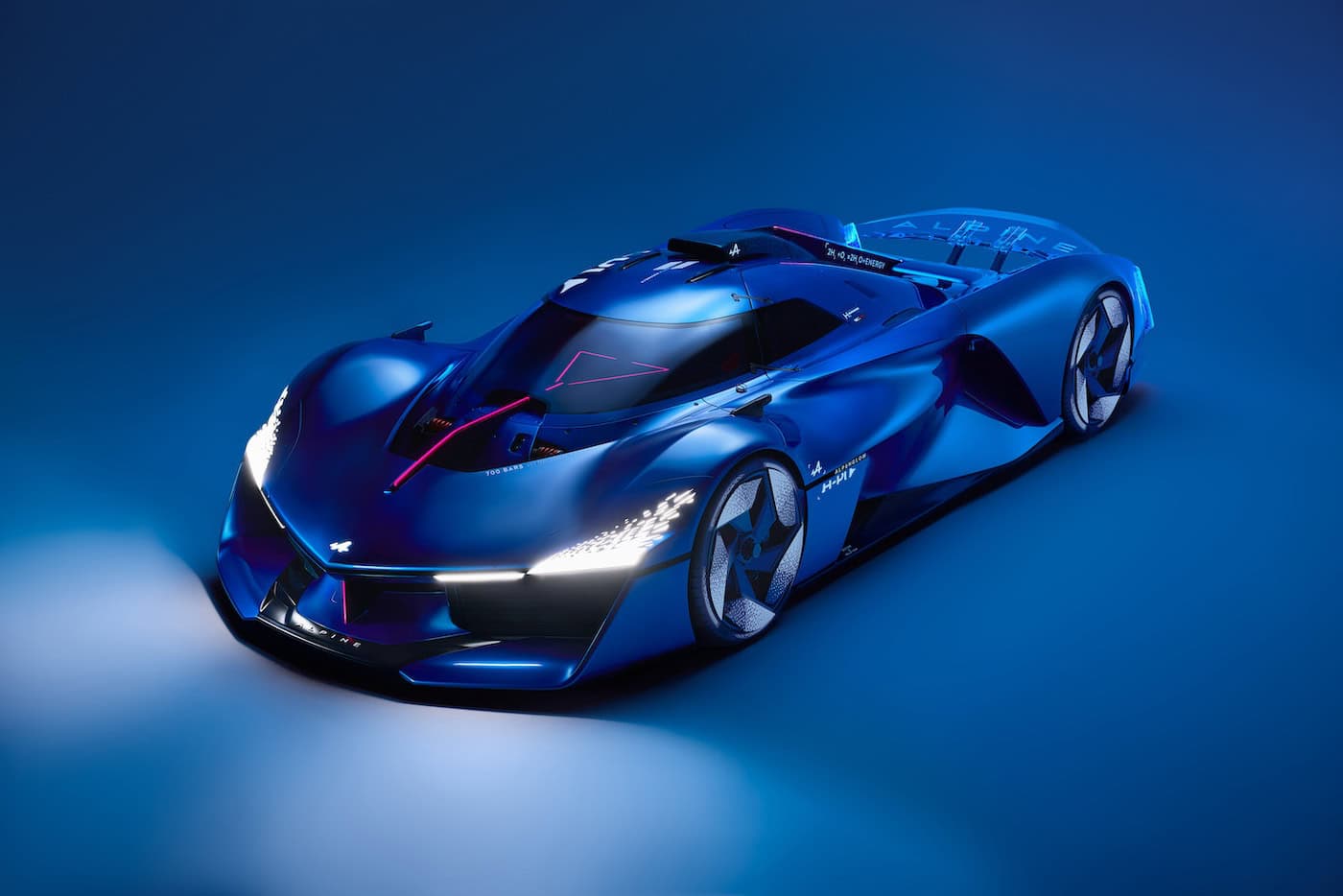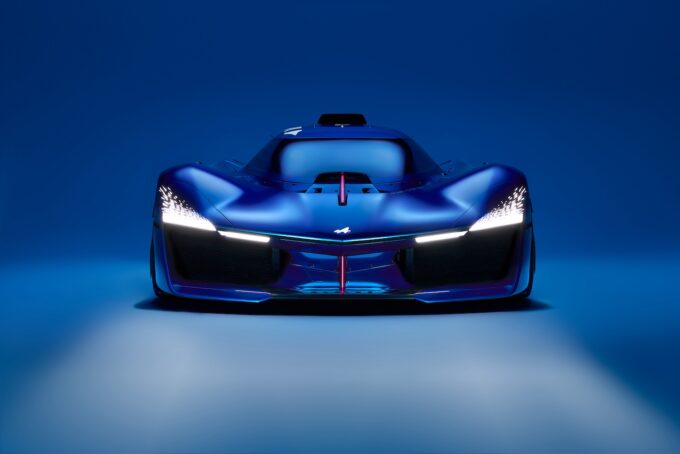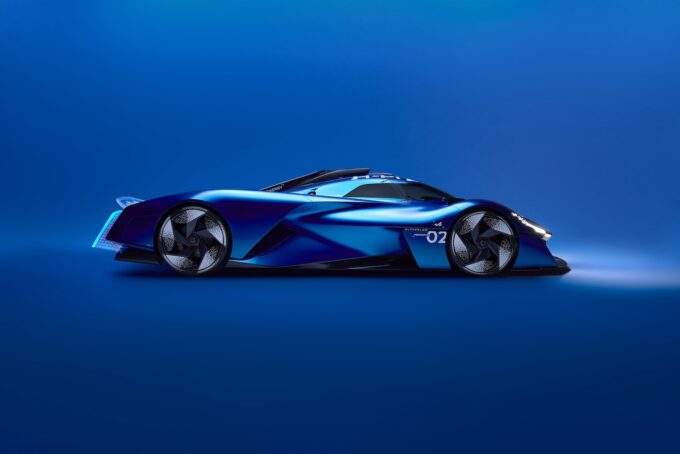Alpine: Mobile test laboratory 🎥
SUSTAINABLE DEVELOPMENT The Alpine Alpenglow Hy4 shows that performance, sustainable development and exciting sound are compatible. The hydrogen four-cylinder of the new prototype is to be followed by a V6 engine before the end of the year.
The Alpine Alpenglow Hy4 is not just a concept car, but a practical test vehicle that was developed as a racing car with its carbon monocoque and 340 hp 2-liter turbo engine. It follows on from the Alpenglow concept car, which Alpine presented at the Paris Motor Show in 2022. This ''mother of all future Alpine models'' embodied the brand's level of development in hydrogen-powered combustion engines at the time.

Sound of a racing engine
Following its presentation on the race track on May 10, the Alpenglow Hy4 will make its public debut in front of more than 70,000 spectators on May 11 in the run-up to the FIA WEC endurance race Total Energies 6 Hours of Spa-Francorchamps. The race offers the perfect opportunity to demonstrate to the public how sound can be preserved as an essential part of the fascination of a racing car with an H2 combustion engine. The Alpine Alpenglow Hy4 will also complete demonstration runs during the 92nd edition of the 24 Hours of Le Mans on June 14 and 15.
For long-distance cars
The test vehicle naturally also embodies the name Alpenglow, the glowing light on the mountain peaks before sunrise as a symbol of the dawn of a new day.
Bruno Famin, Vice President Alpine Motorsports, comments: "As part of our commitment to carbon-free motorsport, we see the hydrogen combustion engine as a promising solution. Hydrogen will be an important step in the decarbonization of the next generations of endurance cars and perhaps F1 as well."
Base LMP3 chassis
The hydrogen-powered test vehicle is based on an LMP3 chassis made of carbon fiber. Under the carbon hood of the Alpenglow Hy4 is a 2-liter four-cylinder engine with a turbocharger that produces 250 kW (340 hp). The engine features H2 direct injection at 40 bar and water injection to reduce NOx emissions. It reaches a maximum speed of 7000 rpm and transmits its power to the drive wheels via a sequential gearbox. The top speed is around 270 km/h.
alpinecars.com
Video: @DPCcars












